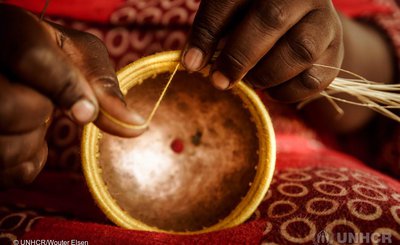Our research is organised around four parallel programmes of work:
Axes of inequality including gender, childhood and income.
Migration processes and outcomes including decision-making, intermediaries and resource flows.
Development interventions to reduce migration-related inequalities through political mobilisation, access to justice and the use of digital technologies.
This programme delivers a series of impact interventions in collaboration with local partners to test MIDEQ’s findings in the later years of the project.
Monitoring, evaluation and learning (MEL) through Outcome Mapping and the evaluation of MIDEQ’s interventions. Read more about our methodology.
Our structure maximises opportunities for comparative research within and between the corridors. It also provides opportunities for co-development and co-learning within MIDEQ.
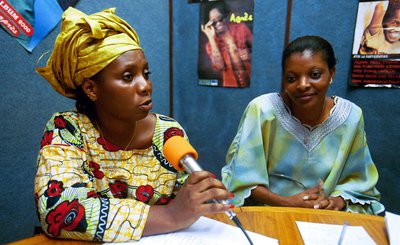
Gender inequalities
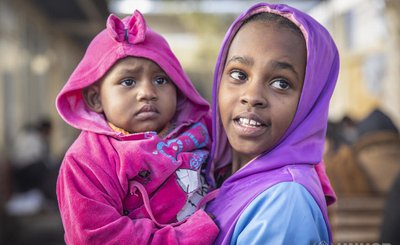
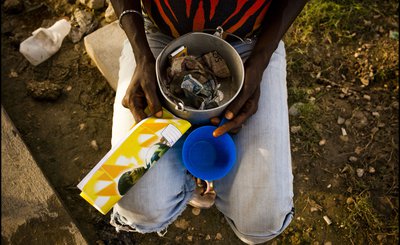
Poverty and income inequalities
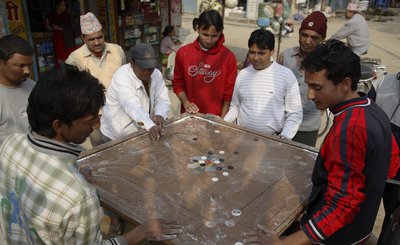
Migrant perceptions, knowledge and decision-making
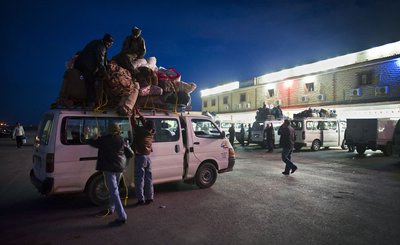
Migration intermediaries
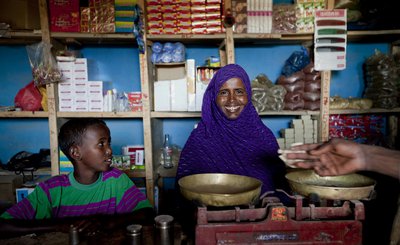
Resource flows
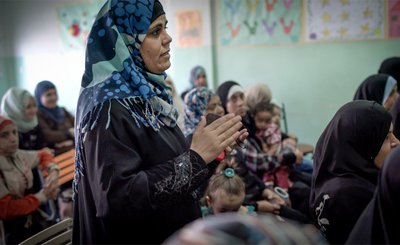
Political mobilisation and transnational solidarity

Access to justice
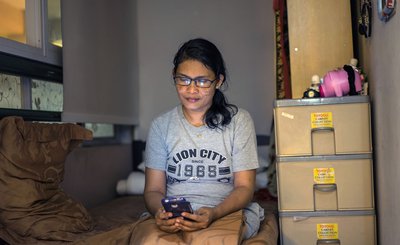
Digital technologies and inequality
